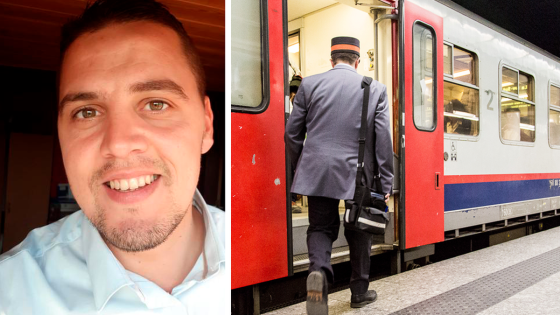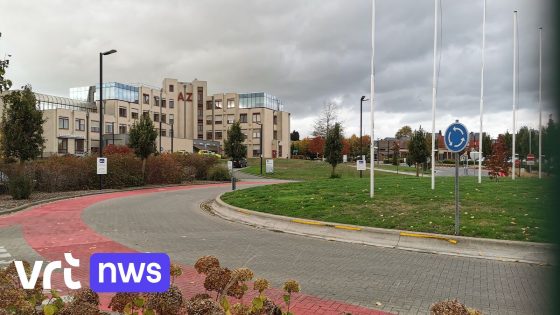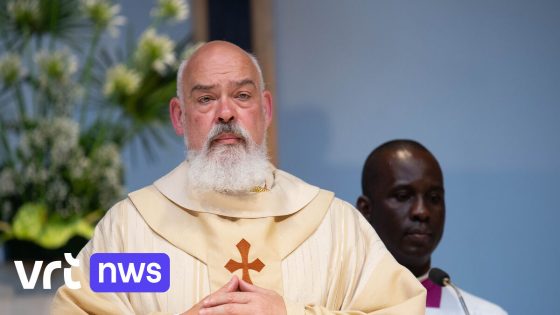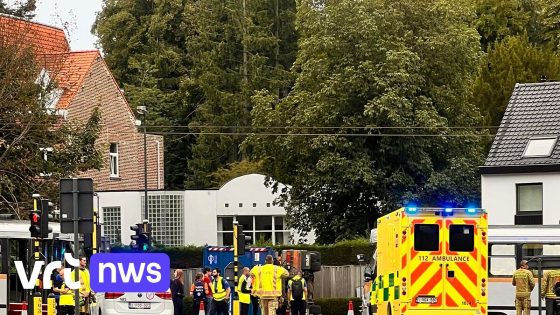Language rules on Belgian trains have sparked fresh debate following a peculiar incident on a Mechelen-to-Aalst train in December 2024. The controversy revolves around whether train conductors should greet passengers in one or both national languages depending on the train’s exact location. This issue resurfaced prominently around 2025-07-12 07:00:00, drawing attention to the complexities of language use in public transport.
- Vaste Commissie vindt tweetalige begroeting ongeoorloofd
- Conducteur sprak reizigers buiten tweetalig gebied aan
- Klacht richtte zich op taalgebruik in trein
- NMBS krijgt signaal over bestuurstaalwet naleving
- Politici pleiten voor eenvoudiger taalregels
- NMBS prijst klantvriendelijk meertalig aanspreken
Ilyass Alba, a well-known Walloon conductor active on social media, was formally reprimanded by the Vaste Commissie voor Taaltoezicht for greeting passengers with “goedendag-bonjour” just before entering the Brussels-Capital Region. A complaint argued that only Dutch should have been used at that moment since the train was still in the Flemish language area. This decision raises questions about how strict language policies affect everyday interactions on Belgian trains.
What does this mean for passengers and conductors alike? Can a balance be found between legal language requirements and customer-friendly communication? The controversy highlights ongoing tensions in Belgium’s multilingual public services.
Is the strict enforcement of language laws on trains practical in a multilingual country like Belgium? The ruling underscores the legal framework but also sparks debate on its impact on passenger experience. Key points include:
- Train conductors must address passengers in Dutch within the Flemish region unless spoken to in French.
- The language commission’s ruling serves as a formal advisory to NMBS rather than a direct penalty.
- Calls for simplified, more customer-friendly language rules have met political resistance.
- NMBS supports multilingual greetings as a sign of warmth and inclusivity despite legal constraints.
As Belgium continues to navigate its complex linguistic landscape, will future policies evolve to better reflect the realities of daily commuting? For now, both passengers and conductors must remain aware of where language boundaries lie, while hoping for clearer, more flexible guidelines ahead.

































